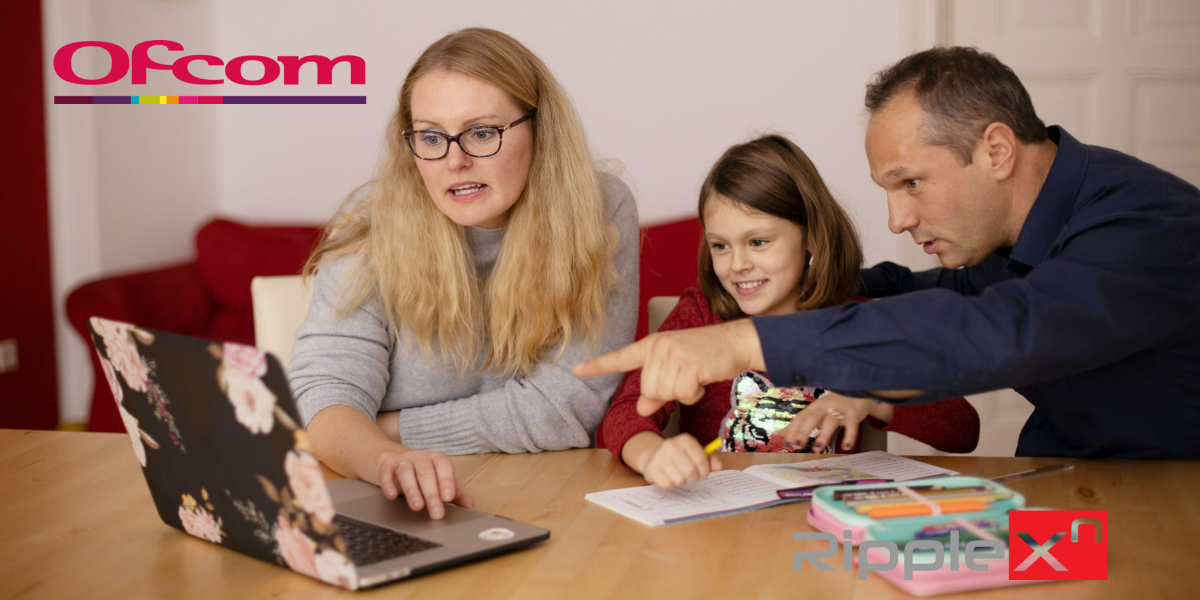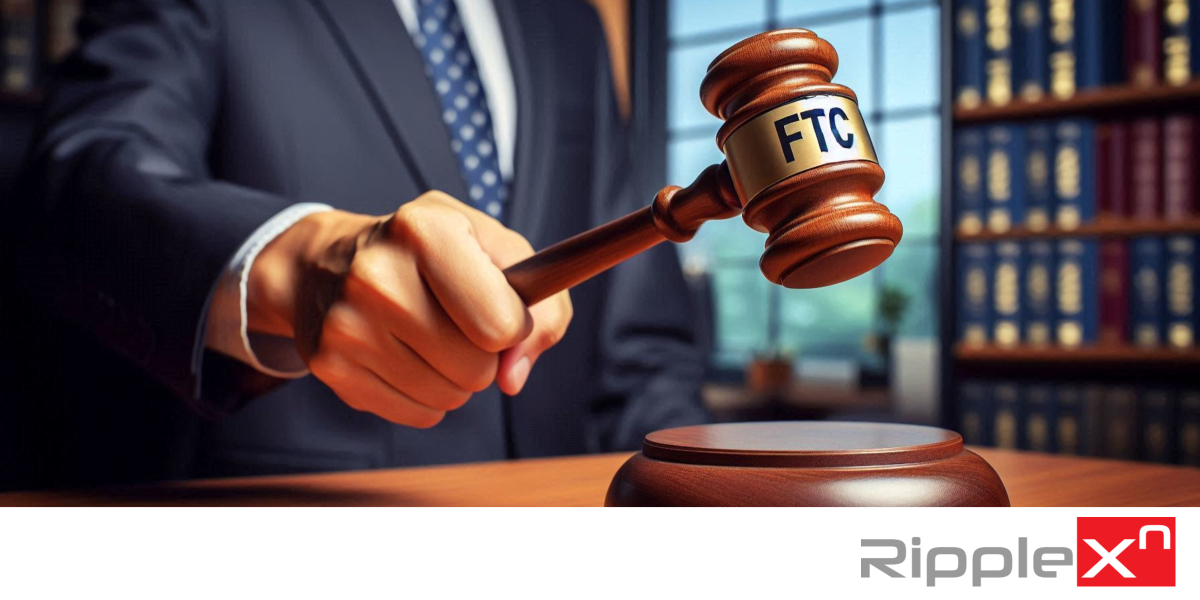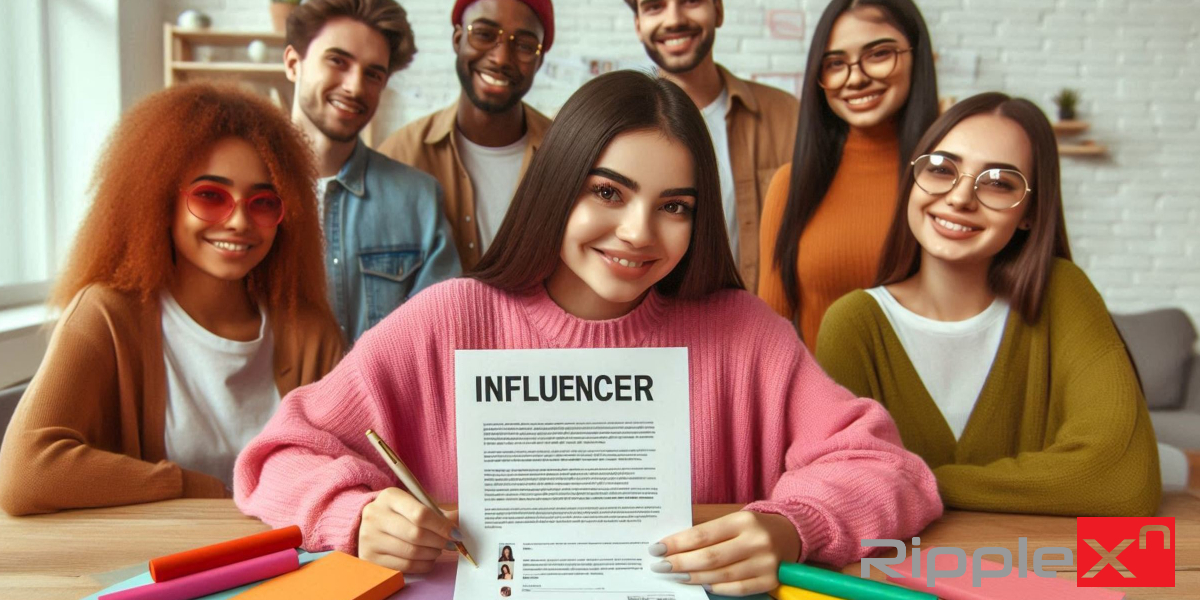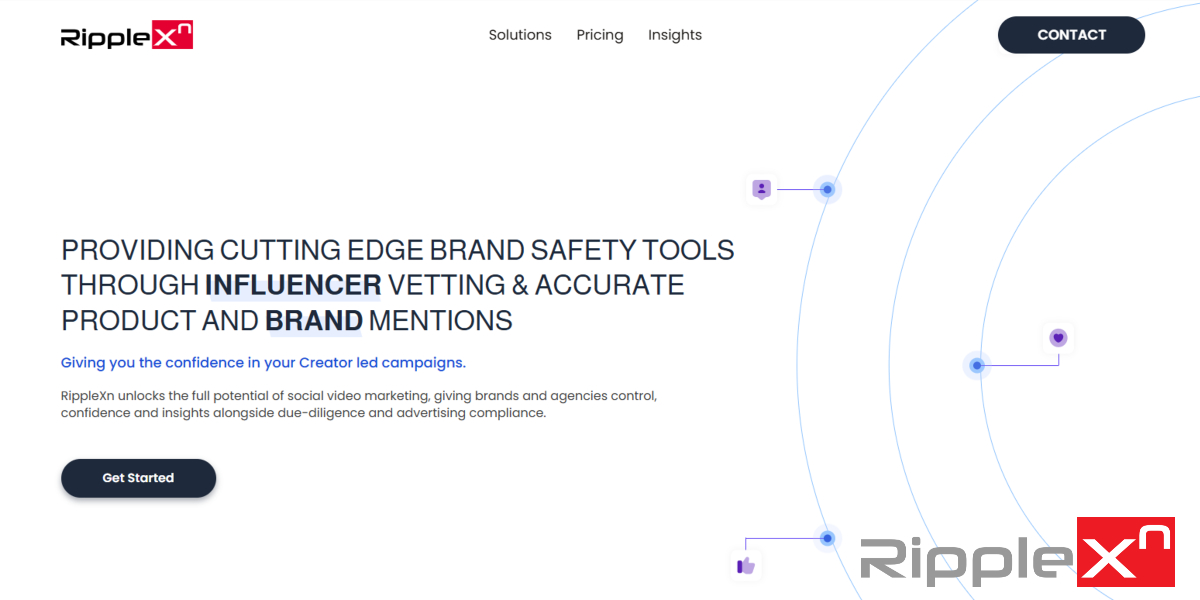Ofcom has just published its first report about video-sharing platforms (VSPs) since being appointed as the statutory regulator.
The report covers a number of video-sharing platforms (VSP) including Tiktok, Snapchat, Twitch, Vimeo, BitChute, OnlyFans and a number of smaller VSPs for mainstream and adult materials.
In their previously published ‘plans and approaches’ they stated their 4 broad aims which are:
- to raise standards of VSPs,
- to address non-compliance,
- to increase transparency,
- and get the industry and themselves ready for future Online Safety legislation.
The report outlines how they have built a comprehensive baseline of knowledge through information requests, research, supervisory engagements and the like. This has to lead to a number of reports around knowledge, insights and attitudes from UK internet users (research panels) on the platforms and safety tools and options.
This year-one baseline has put them in a far better place to understand, influence, future legislate and enforce consumer protections in the coming years.
What is next?
Ofcom state that the second-year priorities will include a broader look at the way individual platforms set, enforce, and test their approach to user safety, with a particular focus on robust age checks where the age-appropriate content is a concern.
Online harms, specifically protecting children appear to be a key theme. In the real world, day-to-day in the marketing space, undisclosed advertising and consistently applying standards are going to be the hot topics of all progressive marketing teams. And those who flout the rules will need to catch up quickly or face severe legal interventions.
Their stated aims for their second year include:
- ensuring VSPs are set up with updated Community Guidelines that cover all relevant harms, and enforce them!
- to review the tools VSPs provide to allow users to control their experience and promote greater engagement with these measures, and;
- drive forward the implementation of robust age assurance to protect children from the most harmful online content (including pornography).
Ofcom will be holding VSPs to account in preparation for the much broader online regulatory role and scope set out in the Online Safety Bill.
Ofcom’s report talks about platform-level efforts. This report doesn’t specifically mention what demand-generating companies can do, but this would be the logical next step.
Earlier this year, RippleXn participated in the call for evidence for the imminent Online Advertising Programme (OAP), which is tied to the Online Safety Bill.
In short, these bills going through UK parliament looks at VSPs and brand compliance through the lense of online harms, specifically to arm the regulatory body (in this case the ASA) with the framework and mechanisms to fine brands where the rules are not followed.
Another report that feeds into the evidence baseline is the “VPS Parental Guidance Research: Summary Report”.
Here are some things we noted of interest.
Parents’ attitudes to their children’s time online
The report asked parents to estimate how much time their children spend online for personal reasons. The report highlights an increase post-pandemic when they had more time free to fill.
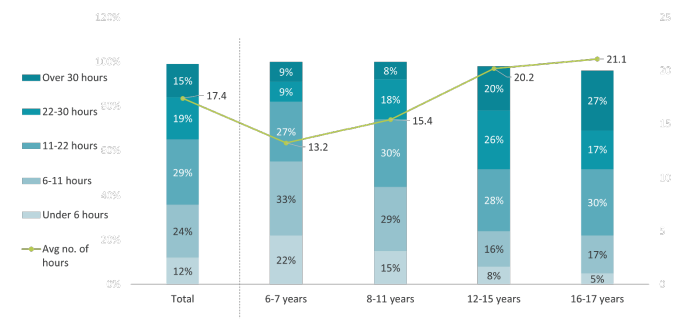
Source: VPS Parental Guidance Research: Summary Report. 20th October 2022.
When asked how confident they are with what they are doing, where they are going and seeing online, the report highlights that parents mostly have confidence. There is a step change when the children transition from primary to secondary school. This correlates with increased usage of mobile phones and accessibility of data plans and less reliance on a shared home computer.
Which tools by platform?
The majority of parents claim to have obtained at least a little info about various online safety tools and controls when provided with a list of such tools. However, most can't make a spontaneous recall of any features.
The bar chart below shows the knowledge levels by platform type. Most parents “know a little”. The most knowledge was on specific apps. The least well-known were apps that could be applied to their devices as a ‘digital parent’.
In summary, most parents have knowledge about and believe that VSPs have parental controls, with their knowledge of controls on each VSP being limited. The report says 58% of parents don't use any at all.
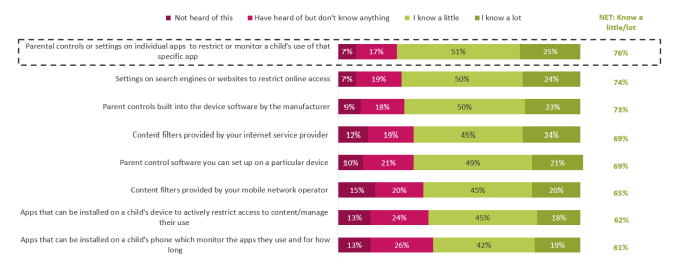
Source: VSP Parental Guidance Research
In a study of parental controls utilized by parents, the most frequently cited cause for not using them was that parents themselves monitored their children’s usage themselves, they believed their children were sensible enough to look after themselves online, and they trusted their children.
Where do parents get their information?
Roughly half of the parents (46 percent) have received news and guidance on keeping their child safe online from their child’s school, whereas a fifth (20 percent) sought out the information via a simple query and 16 percent found out about it via social media.
Our mission
RippleXn wants to help businesses take control and ensure the best efforts and follow the spirit as well as the letter of all regulations globally.
Our first product of advertising compliance will ensure brands can check, evaluate and audit thousands of hours of video content in near real-time.
Ensuring the rules are followed is in everyone’s interest. In video game marketing, 52% of sales are directly influenced by creators on Youtube and Twitch in the launch campaigns. Declared commercial relationships will at least give context to any powerful endorsements.
RippleXn aims to help the creator economy flourish.
References:
- Ofcom’s first year of video sharing platform regulation. 20th October 2022.
- VPS Parental Guidance Research: Summary Report. 20th October 2022.
